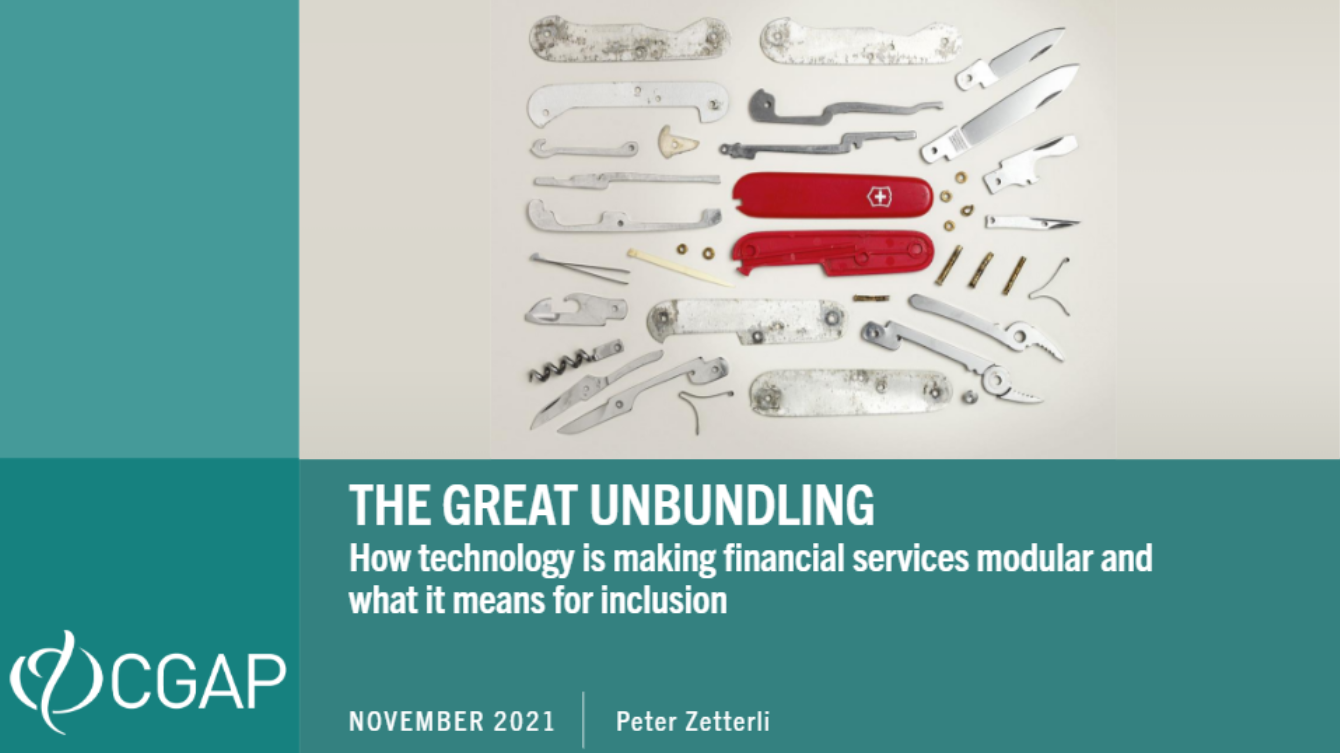
- Details

- Details
Public goods are those that are available to all (“nonexcludable”) and that can be enjoyed over and over again by anyone without diminishing the benefits they deliver to others (“nonrival”). The scope of public goods can be local, national, or global. Public fireworks are a local public good, as anyone within eyeshot can enjoy the show. National defense is a national public good, as its benefits are enjoyed by citizens of the state.
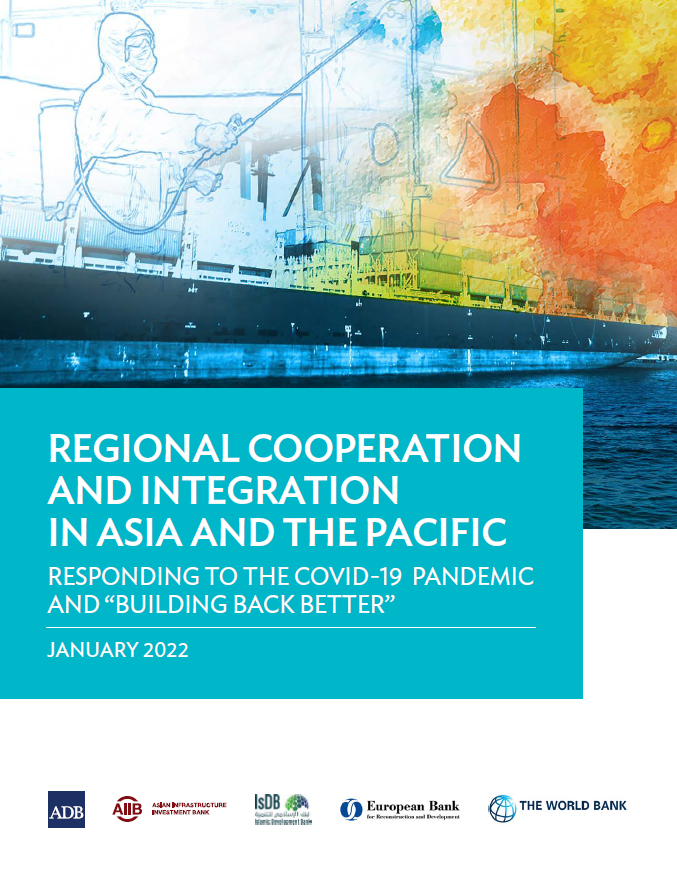
- Details
This report explores how regional cooperation and integration (RCI) can be enhanced in Asia and the Pacific to help the region build back resiliently and sustainably from the coronavirus disease (COVID-19) pandemic.
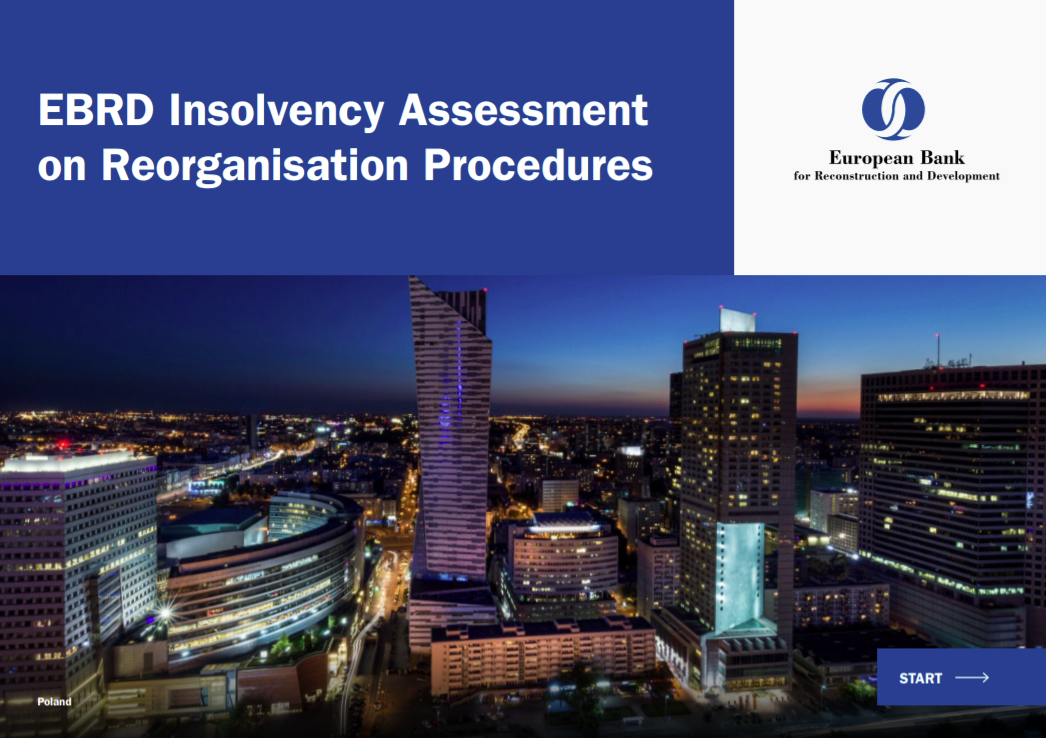
- Details
This EBRD Assessment Report provides a comprehensive cross-jurisdictional analysis of business reorganisation tools and stakeholders' perceptions on business reorganisation in 38 emerging economies that are part of the EBRD regions, while exploring recent insolvency trends and practices in more advanced markets such as France, Germany, England and Wales, and the United States.
Read more … EBRD Insolvency Assessment on Reorganisation Procedures
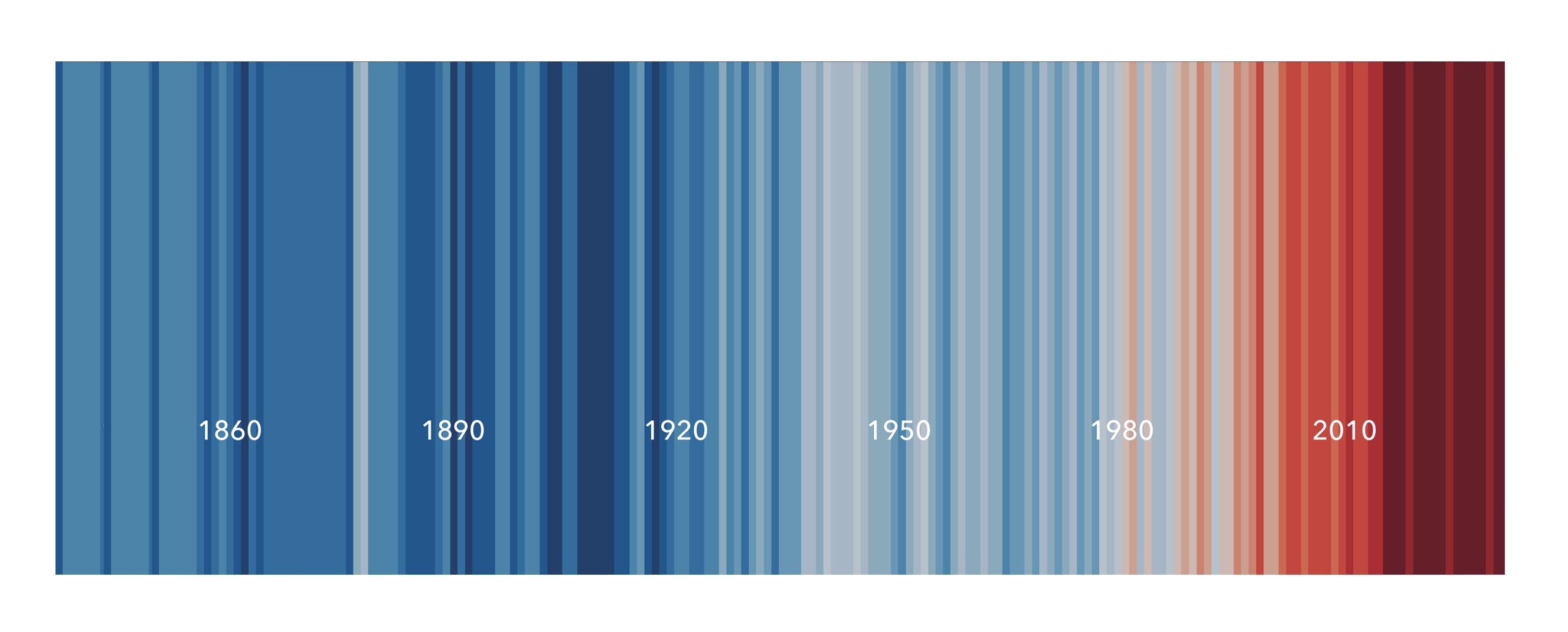
- Details
Following a raft of net zero target announcements in 2020 and 2021, scrutiny is mounting about the plans to get there. Some countries have detailed outlines of how they will reduce their emissions to net zero, but many still do not. Thanks to countries with detailed plans we have an idea of the task at hand to decarbonize at the country level, but it is hard to imagine what it will take on a global basis. This is especially true given that the current global pledges won’t get us to net zero in time to limit the temperature rise to 1.5°C.
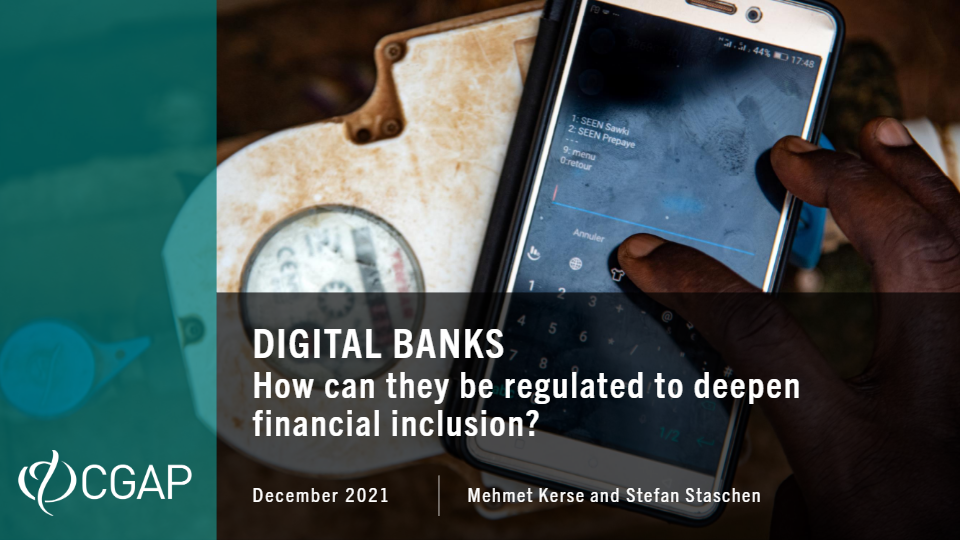
- Details
"This reading deck describes three regulatory approaches used by policy-makers to regulate digital banks. It has a focus on harnessing the potential of digital banks to bring welcome competition and innovation to the banking sector and advance financial inclusion. It will help policy makers, especially in emerging markets and developing economies, to learn from other countries’ experiences as they decide how to regulate digital banks within their own countries."
Read more … Digital Banks: How Can They Be Regulated to Deepen Financial Inclusion?
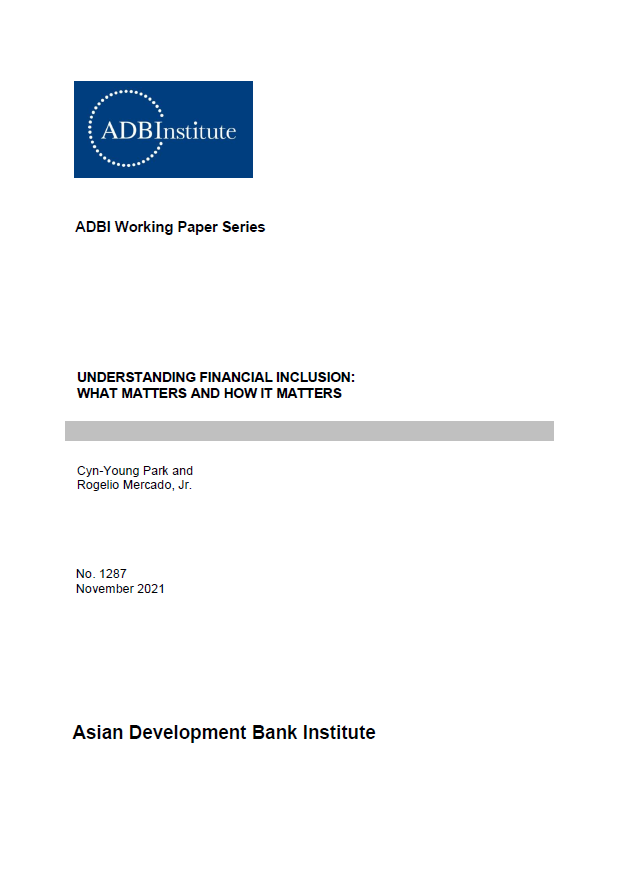
- Details
This paper introduces a new index of financial inclusion for 153 advanced, emerging, and developing economies using a comprehensive set of new indicators, grouped into four different dimensions: financial access, usage, financial development, and fintech infrastructure. The fintech infrastructure dimension in particular captures electronic and digital payments and their enabling infrastructure.
Read more … Understanding Financial Inclusion: What Matters and How It Matters

- Details
"We are facing a global climate emergency that demands immediate action and long-term solutions, with financial institutions uniquely positioned to help support a net zero carbon future and a more sustainable world.
The urgency has never been greater: polar ice is melting and sea levels are rising, as are global temperatures. The National Aeronautics and Space Administration reports that last year tied with 2016 as the warmest on record since recordkeeping began in 1880, and that 19 of the warmest years have occurred since 2000."
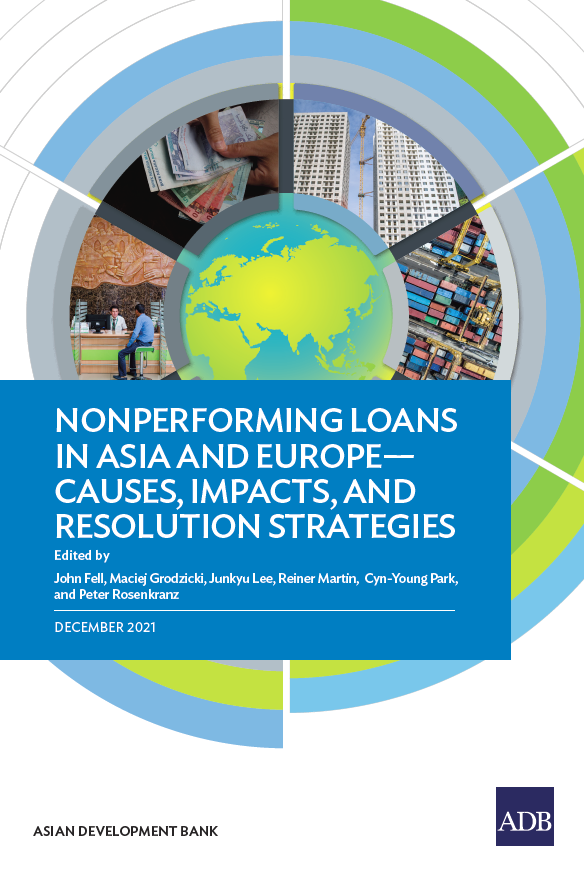
- Details
"The volume highlights the need for decisive and comprehensive policy action to help manage NPLs swiftly. It explores the legal and economic conditions conducive to NPL resolution, the role of asset management companies, the potential of technological solutions, and the importance of regional financial cooperation. It provides insights to help policy makers chart a course through the financial and economic fallout of the coronavirus disease (COVID-19) pandemic to recovery and sustained financial stability in Asia, Europe, and beyond. The publication is a collaborative project of the Asian Development Bank and the European Central Bank."
Read more … Nonperforming Loans in Asia and Europe—Causes, Impacts, and Resolution Strategies
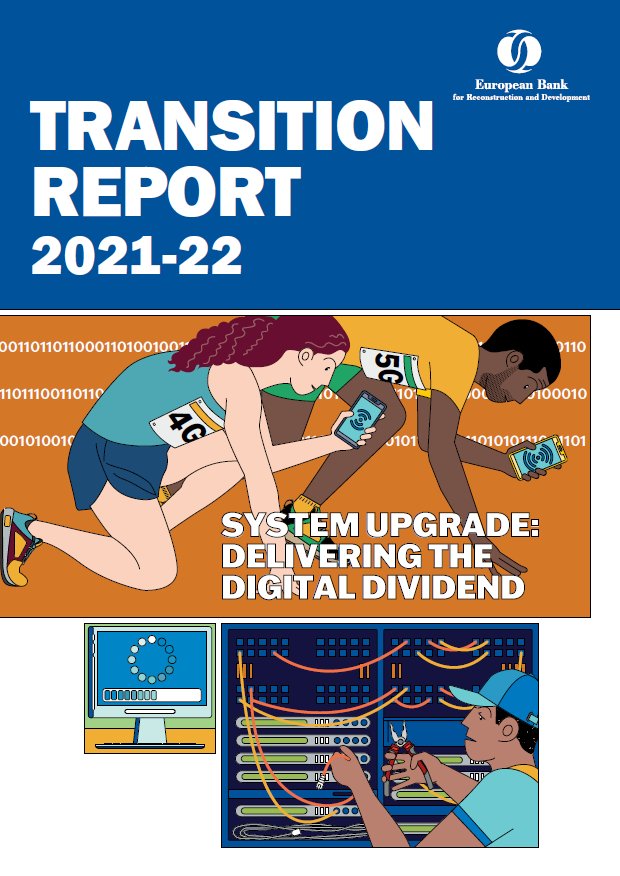
- Details
"This report explores ways in which economies in the EBRD regions can deliver the digital dividend, both in the context of the global Covid-19 pandemic and beyond. Building on rich sources of data, it introduces a new index of digital transformation and provides an overview of digital divides across and within countries.
While economies with medium levels of digitalisation have been catching up with advanced economies, those with the lowest levels have been falling further behind. Within countries, while individuals with medium levels of education and income and the middle-aged have been catching up with the most digitally literate, older individuals and those with lower levels of education and income are increasingly being left behind.
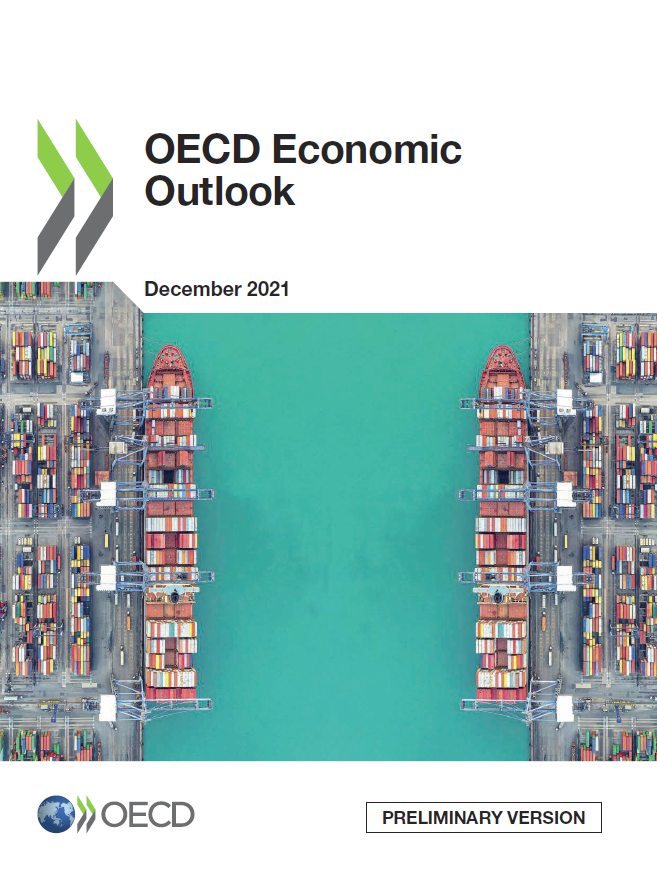
- Details
"The global recovery from the COVID-19 pandemic is uneven and becoming imbalanced. The OECD Economic Outlook, Volume 2021 Issue 2, highlights the continued benefits of vaccinations and strong policy support for the global economy, but also points to the risks and policy challenges arising from supply constraints and rising inflation pressures.
This issue includes a general assessment of the macroeconomic situation, and a chapter summarising developments and providing projections for each individual country. Coverage is provided for all OECD members as well as for selected partner economies."

- Details
"Financial institutions in emerging economies show low adoption of comprehensive climate risk management and disclosures. Support by international partners and the regulatory framework will be key to helping financial sector to recognize and manage financial risks associated with climate change, a survey by the European Bank for Reconstruction and Development (EBRD) among partner financial institutions (PFIs) shows."
Read more … Readiness of the Financial Sector for the Impacts of Climate Change


